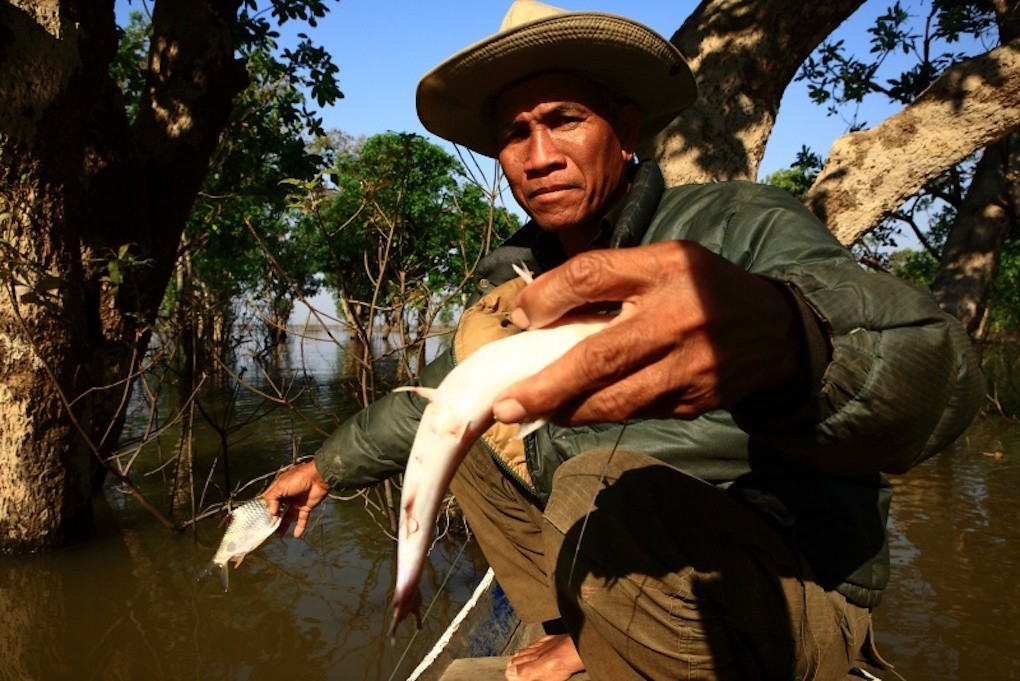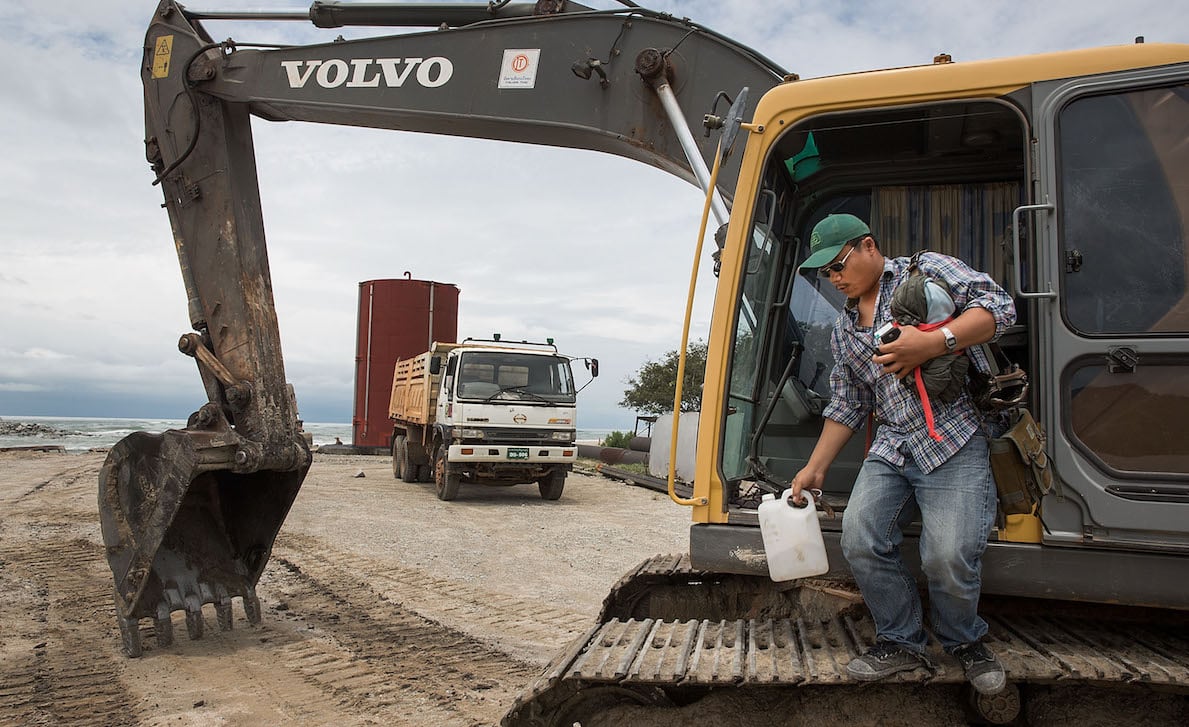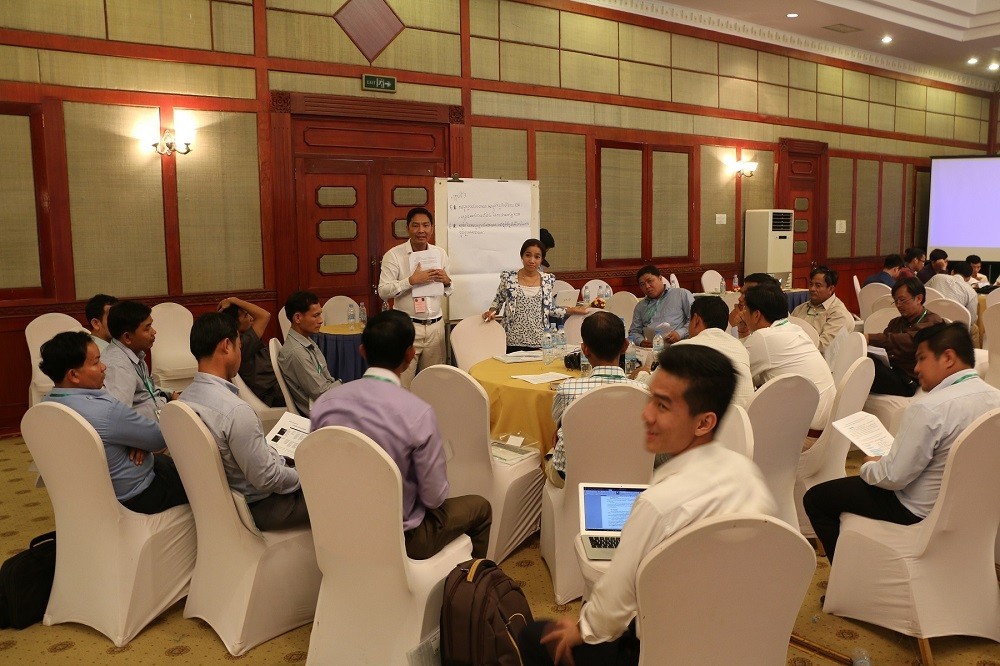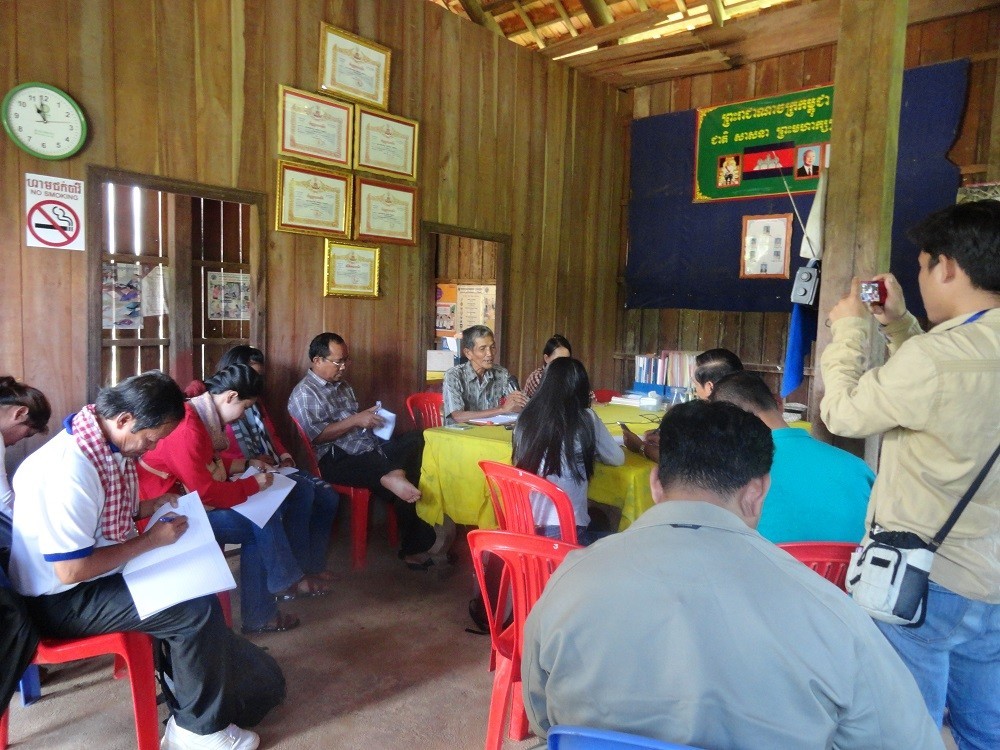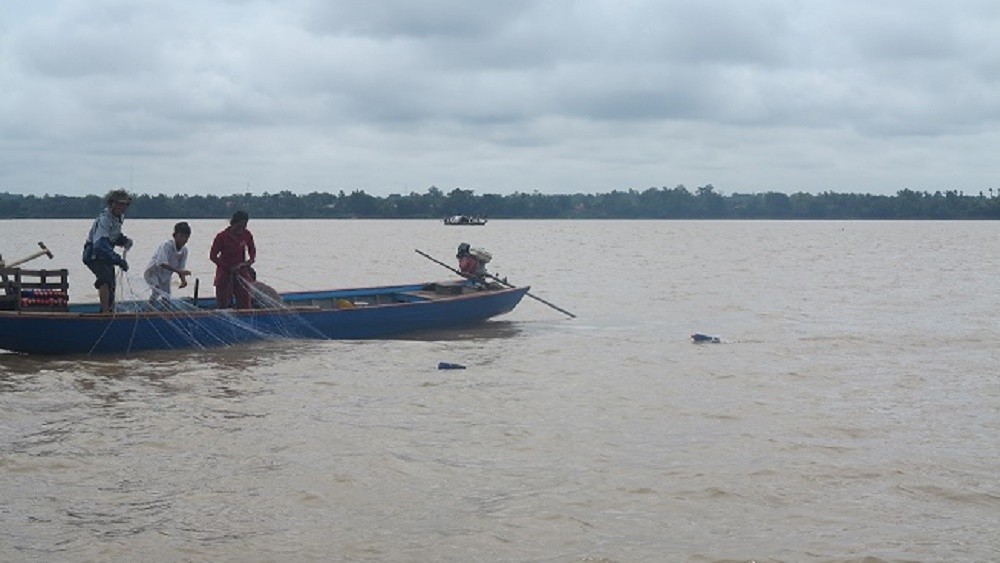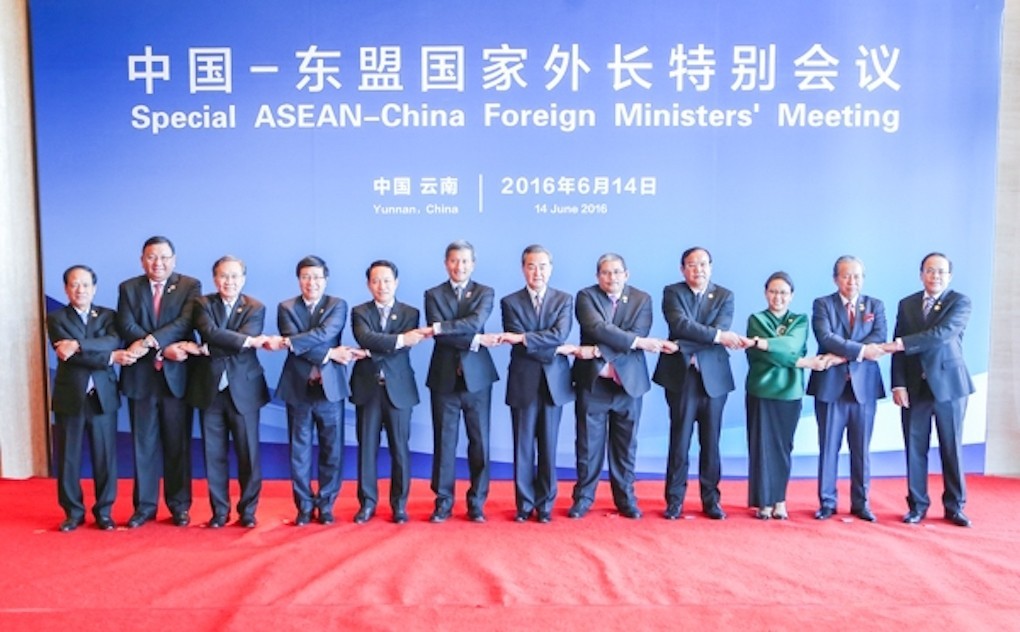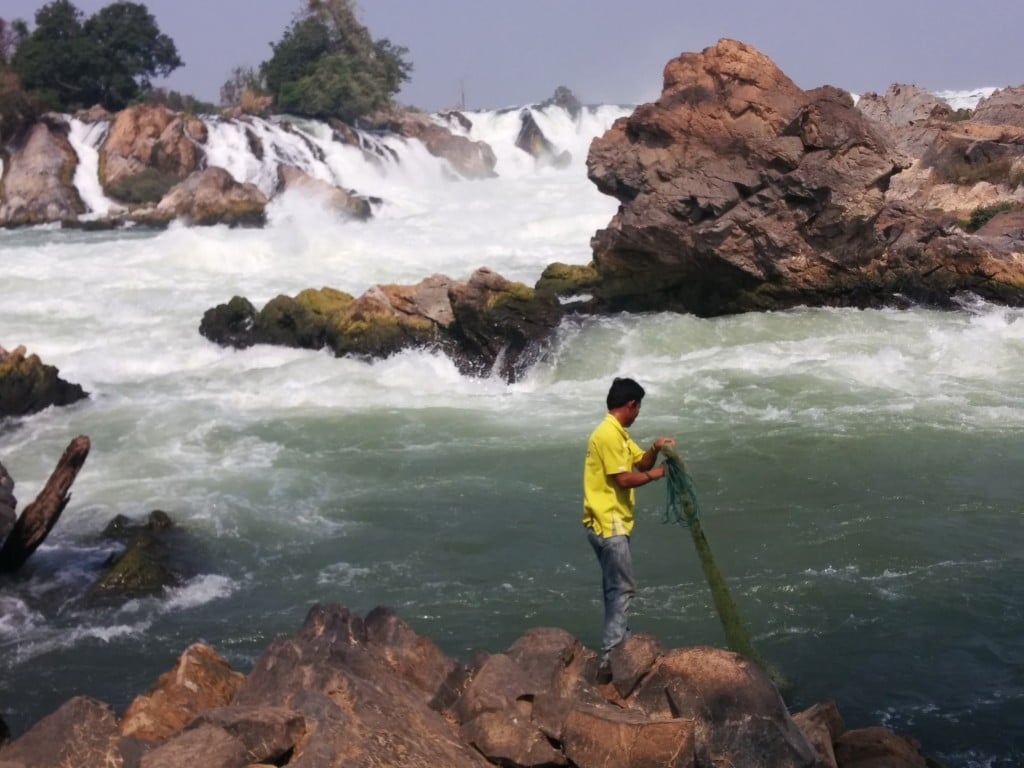Both hydropower dams and global warming pose threats to freshwater fish diversity. While the extent of global warming may be reduced by a shift towards energy generation by large dams in order to reduce fossil-fuel use, such dams profoundly modify riverine habitats. Furthermore, the threats posed by dams and global warming will interact: for example, dams constrain range adjustments by fishes that might compensate for warming temperatures. Evaluation of their combined or synergistic effects is thus essential for adequate assessment of the consequences of planned water-resource developments.
Category: Cambodia
Into the Zone: SEZs in the Mekong Region, Income…or Instability? (Part 2)
While neighboring Thailand’s Special Economic Zones are now progressing without much public consultation or review, Myanmar may be moving in the opposite direction. Its three SEZs which were launched in the waning years of the junta, are now under the direction of the civilian government fully aware of concerns raised by communities and independent researchers, and inclined to take stock of what their predecessors set in motion. At issue are a whole range of social and environmental grievances, as well as the viability of the projects themselves and to what extent they reflect the new leadership’s priorities.
Stakeholders Confirm Need for Public Participation in EIA Processes During Cambodia’s National Public Consultation Workshop
Mekong Partnership for the Environment Key stakeholders related to EIA in Cambodia provided feedback on Cambodia’s draft national guidelines on public participation in the environmental impact assessment (EIA) process during the country’s first national public consultation workshop on 19 July 2016 in Phnom Penh, Cambodia, organized by the Ministry of Environment with the Vishnu Law […]
SEZ polluting Bavet canal, villagers say
Villagers living along a canal in Svay Rieng province’s Bavet town say its water has been polluted by untreated discharge from the nearby Manhattan Special Economic Zone (SEZ), rendering it unusable.
Three communes live along the Tapov canal – Bati, Prasat and Bavet – with villagers from the first two saying that they have complained about the pollution since 2015 and that the quality of the water has continued to decline and the smell is unbearable.
Cambodia Pushing for More Benefits From Mekong Integration
The government is seeking to develop ways of increasing the benefit felt by Cambodia from economic corridors opened throughout the Greater Mekong Subregion as part of Asean integration, an official has said.
Sok Chenda Sophea, secretary general of the Council for the Development of Cambodia, told reporters after a meeting of ministers from countries in the region held on Thursday that the government had developed a strategy to remain competitive.
Cambodian Journalists Investigate Dam Impacts, Learn Reporting Skills and Plan for New Network
Twenty Cambodian journalists from six Mekong provinces and Phnom Penh attended a three-day workshop in Kratie province to learn how to better report on the costs and benefits of hydroelectric dams and other development on the Mekong River.
Rough Waters of Lower Sesan II Dam
According to the Vietnam River Network, Lower Sesan II dam in Cambodia will affected both environmental and social aspects, not only around the project site but also from the upstream Sesan River to downstream at the Sekong River, Tonle Sap, Vietnam Mekong Delta region and also some parts of Laos and Thailand. However the Environmental Impact Assessment (EIA) report for this project only refers some affects around the dam and the transboundary impacts were not mentioned in EIA report.
River of Change: Hydropower dams and the Mekong River’s uncertain future
From the snowy plateaus of Tibet to the mountain gorges of China’s Yunnan province and beyond to the jungled borders of Myanmar, Thailand, Laos and down to the plains of Cambodia and paddy fields of Vietnam – the Mekong River is of crucial importance to tens of millions of people.
Yet, the future of the mighty Mekong is far from certain.
Irrevocably change is underway upriver and downriver – from China to the Mekong delta – as countries along the river’s length pursue hydroelectric dams as a path to power generation.
China-Asean Economic Ties
East Asia’s economy is entering a new phase of uncertainties and challenges stemming from complex geopolitics, a weakened European Union (EU) after Brexit, domestic political unpredictability in the US and an economic slowdown in China.
To maintain economic dynamics, regional countries need to deepen and speed up social, economic and financial reforms. The region needs to continue promoting an open and inclusive regionalism.
China Economy Ripples Into Laos
A decade long mining boom, combined with a rapid development of hydropower, has seen Laos’ growth rate reach over 7 percent a year, allowing national output to more than double, generating some half a million jobs.
A key player in the economic progress has been China. A recent World Bank report on the Lao economy noted China’s influence was continuing to grow.


